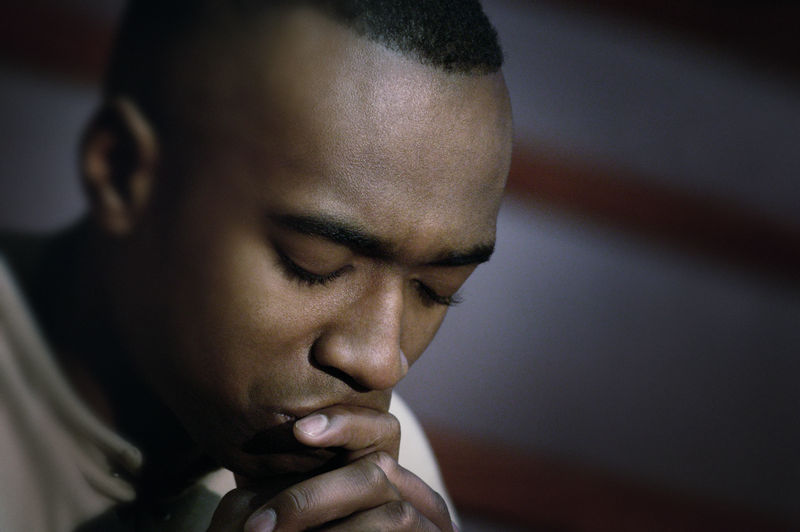What’s the point of praying?

Prayer can be many things to many people—a source of guilt for those who feel they should pray more; anxiety for those afraid to pray in public; scorn for those who reject its efficacy; befuddlement for those who don’t understand it; and blessing for those who experience its true value.
One of the most basic and important questions we can ask about prayer is simply: why pray at all? Think about it:
The Bible says that God possesses all knowledge and wisdom (Psalm 44:21; Matthew 6:8; 1 John 3:20). Which means that we can’t tell Him anything in prayer that He doesn’t already know.
The Bible says God is all-powerful (Job 42:2)—prayer can’t ‘boost’ His ability in any way.
The Bible says that God is love (1 John 4:8, 16). That means that prayer can’t make Him love us any more than He already does.
The Bible says that God is in sovereign control of the universe and orders all events according to His will (Ephesians 1:11). Doesn’t that mean that He will achieve His purposes whether or not we pray? Isn’t prayer superfluous?
So, to repeat the question—why pray at all?
One common answer to this question is that God doesn’t intend prayer to change things outside ourselves, but rather to change us. Well, while the second part of that claim is true, the first part is manifestly false. Yes, prayer does indeed change us, and that is surely one of God’s purposes for it. But the Bible says that prayer actually changes things in the world. Examples abound, but here’s a clear one:
“The prayer of a righteous person has great power as it is working. Elijah was a man with a nature like ours, and he prayed fervently that it might not rain, and for three years and six months it did not rain on the Earth. Then he prayed again, and heaven gave rain, and the Earth bore its fruit.” (James 5:16-18)
According to this passage and many others in the Bible, prayer actually changes things. But how does this fit with the Bible’s description of God as sovereign, as the One who knows the end from the beginning and ordains the events of the universe? If God has already ordained that something will happen, does it really matter whether or not I pray for it to happen?
The answer is emphatically: yes, it does matter! And here’s why—God ordains ends and God ordains means. For example, when God ordains that a Tabernacle be built, He calls and gifts two men named Bezalel and Oholiab to build it (Exodus 35:30-35). When God ordains that Cornelius the Gentile hear the gospel for the first time, He sends the Apostle Peter to tell him the gospel (Acts 10; cf. Romans 10:13-15).
The same is true with prayer. To use the example of Elijah from James 5, above: God ordains the ends (that the rain will stop) and He ordains the means (Elijah’s fervent prayer for the rain to stop). Elijah’s prayer really was effective to stop the rain! God really answered his prayer.
Both the prayer and the answer to the prayer were ordained by God. This explains how prayer can have real results and God can be sovereign at the same time. God ordains the end result and God ordains your prayer as the means of getting to that end result.
Why does God choose to work this way? Why not just do everything Himself? Why include us? I believe the answer is so that His people can be involved in His work and thus be drawn closer to Him. Each week my four-year-old son Samuel helps me to take our trash to the local transfer station. The reason that I include Samuel in this task is not because I need his help. I include him because we grow in relationship as we work together. That’s why God includes us. That’s why He tells us to pray.
Next time you pray, think: This prayer really matters. God has ordained that I pray. He intends to change me through my prayer, and He has ordained that my prayer will be put to some good purpose in the world—to bring about a good result.
Author: Dr. Stephen E. Witmer, AIIA Institute.
More online information
Evangelism through prayerwalking
Dr. Witmer holds a Ph.D. from Cambridge University and is senior pastor of Pepperell Christian Fellowship in Pepperell, Massachusetts, USA.
Text Copyright © 2012, AIIA Institute, All Rights Reserved—except as noted on attached “Usage and Copyright” page that grants ChristianAnswers.Net users generous rights for putting this page to work in their homes, personal witnessing, churches and schools.
